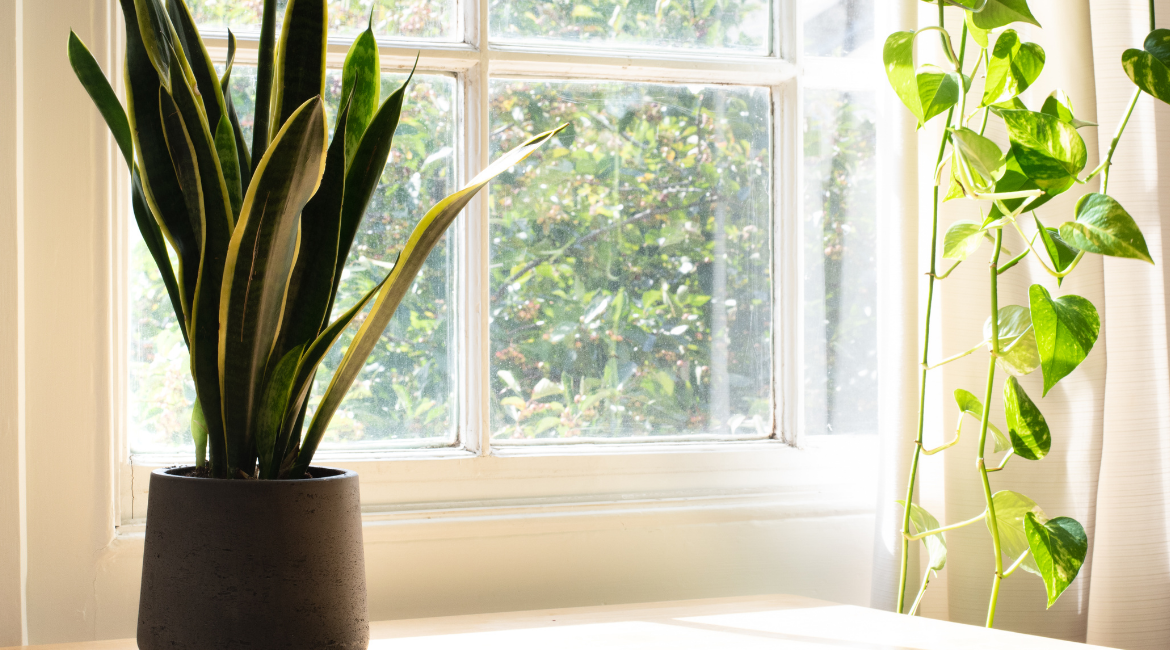Making your home healthier and more environmentally friendly does not have to be expensive or time-consuming. A few simple modifications may enhance the health of your home, its residents, and the planet it sits on. The most straightforward fixes of this are to reduce toxins and chemical pollution inside your home.
Indoor toxin pollution is as dangerous as outdoor pollution. The toxins in our home can vitiate the food, water, clothes, and kitchen utensils. Usage of Such contaminated things can cause serious family health issues. So avoiding or limiting the exposure to such home toxins is very important for family and home as a whole.
The house should always seem like a safe place to unwind and let down our guard, especially now that many are spending so much more time indoors. Unfortunately, toxins and chemicals are creeping all over our homes, unknown to some of us. Making this the ideal moment to give our entire house a detox. Here are some tips for reducing toxins in your home:
Use Natural Home Cleaners
Many household cleaning products include toxins that persist in the air long after you’ve used them. Choose natural cleaning products manufactured from plants or minerals instead. Natural cleaning solutions are equally as effective as chemical-based ones. Also, making a move does not have to be expensive.
Vinegar, mainly cleaning vinegar, can be used to disinfect surfaces without the use of bleach. In the same way, bicarbonate and lemon juice could be used for cleaning purposes. The conventional cleaners contain many skin and eye irritants, asthma-causing fumes, and mixed chemical fragrances. So, natural cleaners reduce air toxins in your home and keep the air naturally fresh and healthy.
Use of houseplants
Houseplants can reduce air pollutants like carbon dioxide, formaldehyde, and benzene in your homes. It is one of the simplest ways to clean the air in your home. The air purifier plants include spider web, Chinese evergreen plant, vine, and mother-in-law’s tongues. These plants purify the air from carbon toxins and filters allergies causing volatile organic compounds like benzene.
Detox your Food Storage
Most people preserve meals in plastic containers, wrap, or aluminum foil. But phthalates and other endocrine-disrupting chemicals can seep into your food. This increases the risk of illness. Try glass food storage like mason jars are great for food storage. The beeswax food wrap and food-grade silicone are also suitable for this purpose. By purifying your food storage, you are not only creating a safer option, but you are also producing less trash, which is also beneficial to the environment.
Water Filters
A whole-house water filtration system is a critical, expensive investment. Still, it is a guaranteed way to remove heavy metals, chemicals, rust, sediments, and microbes from all of your water. At the very least, you should filter your drinking water since it may include lead, arsenic, and microbes E.coli. Only the NSF-certified water filters with a two-stage filtration procedure should be used for water filtration purposes. Moreover, the use of plastic water bottles and containers should be avoided.
Cast Iron-Pans
The non-stick cookware is suitable for cooking. But they are made with chemicals like Teflon that are not good for health. The studies show that they are carcinogens in nature. So go with the cast iron pan. They are as good as non-sticky ones and free from toxins.
Freshen your Home Naturally
Use a diffuser and essential oils to refresh your home while also reaping the aromatherapy pleasures. Use high-efficiency particulate air filters HEPA to remove the irritating dust particles from the air.
Toxin reduction in homes does not have to be a daunting task. Commit to making the change, find out where you want to start, and then ease into it.



